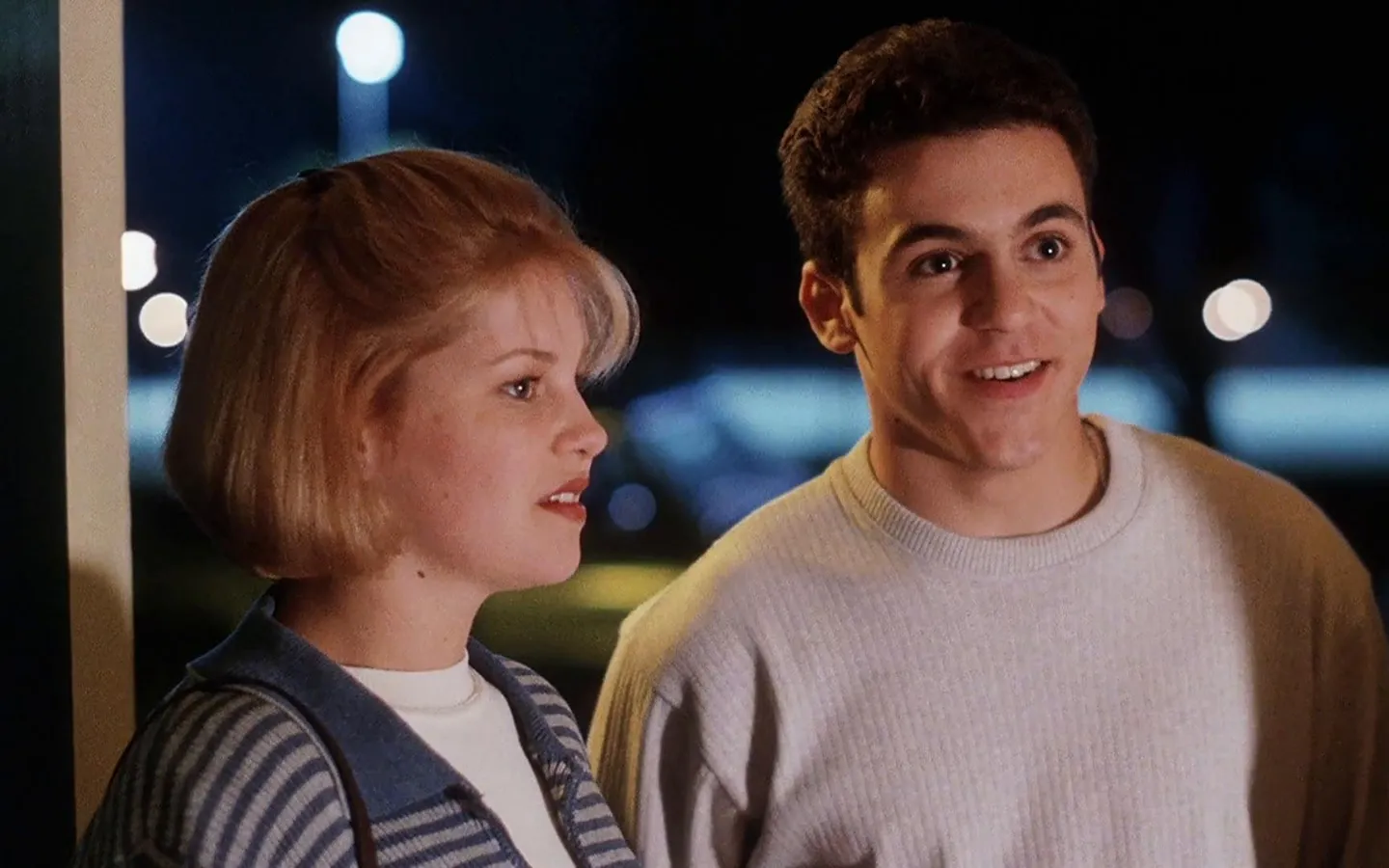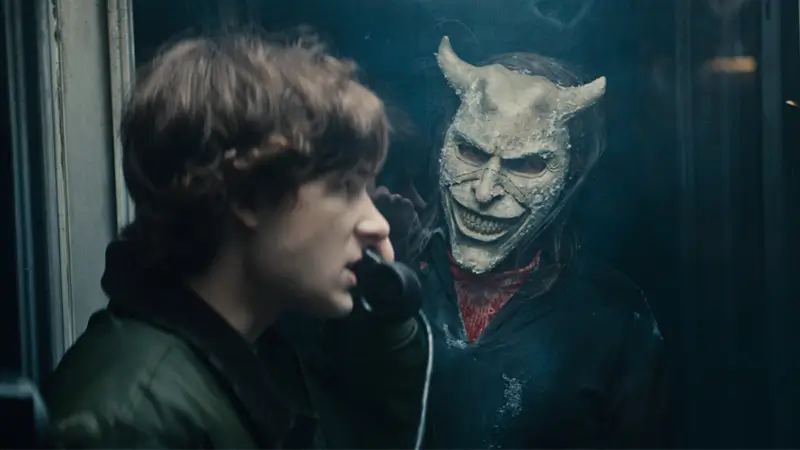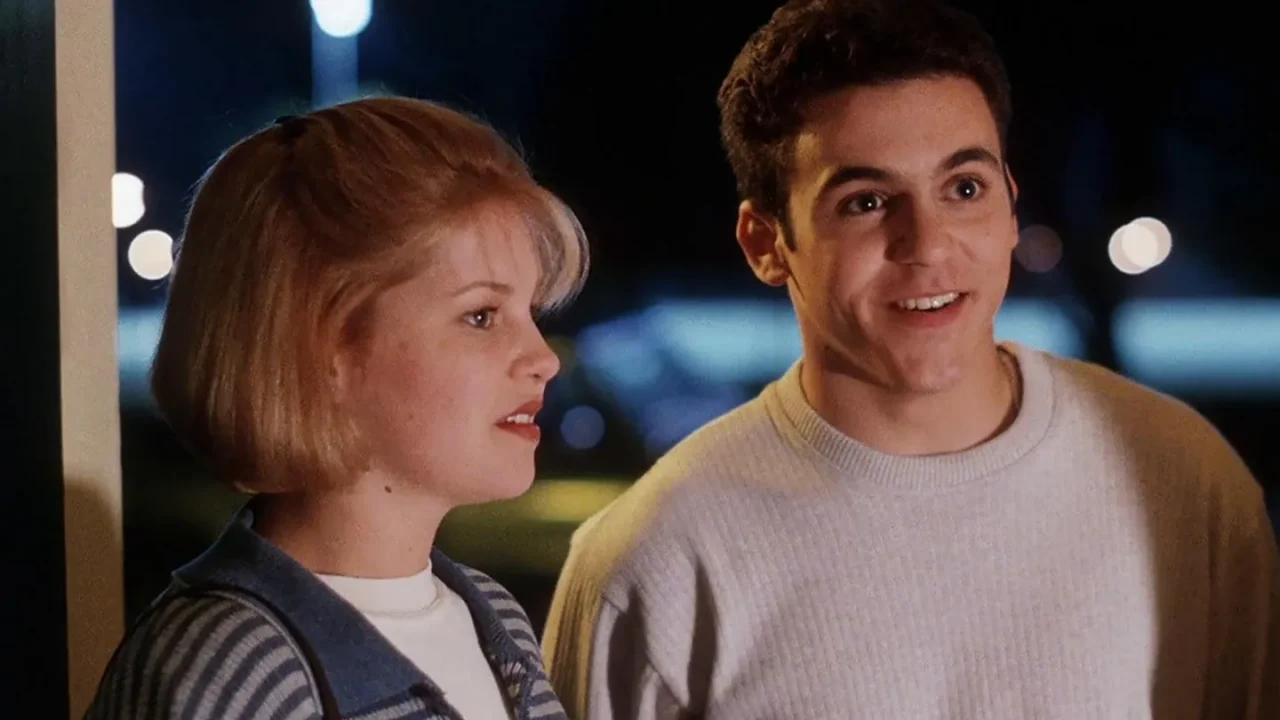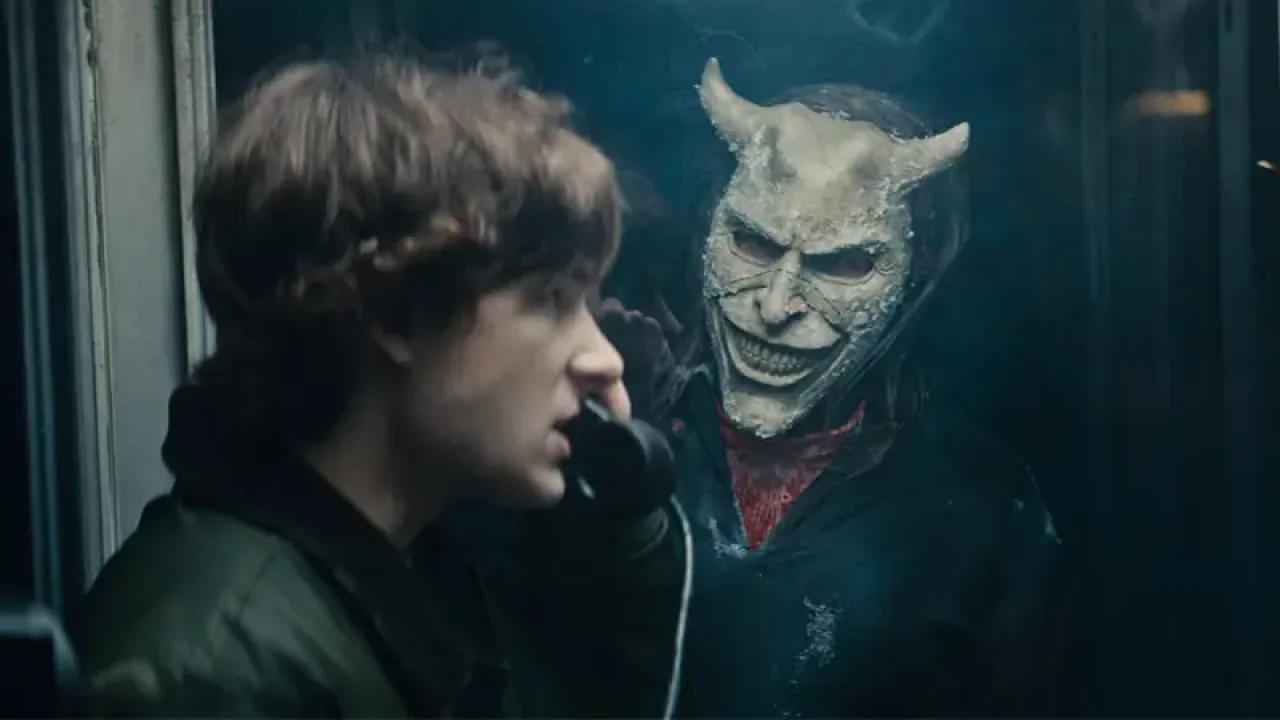In one moment of Tron: Ares (United States, 2025), there’s a reference to Mary Shelley’s novel Frankenstein; or, The Modern Prometheus (England, 1818). It lasts barely a blink, but it’s relevant given the directions Jesse Wigutow’s script aims to take with its themes about Artificial Intelligence (AI), its potential impacts on contemporary society, and its use as a weapon.
- You might like: Rebuilding film review: hope in community
Which, truth be told, isn’t saying much. This third installment in the cult sci-fi franchise is a worthy heir to the original Tron (USA, 1982) and Tron: Legacy (USA, 2010) in the sense that it offers more visual candy than substance or depth regarding premises that could have delivered so much more.
What’s It About?
Tron: Ares is a standalone sequel, but set in the same world as the previous films. The company Dillinger Systems, led by Julian Dillinger (Evan Peters), has created a security program equipped with advanced Artificial Intelligence known as Ares (Jared Leto). Not only that, the company can manifest all its creations from the digital world, known as the Grid, into the real world. Thus, by physically creating Ares, the promise of the “perfect soldier” is born: formidable in combat, completely expendable, and perpetually producible.
However, a flaw in the code means digital creations have a very limited lifespan in reality. The solution is a “Holy Grail” known as the “permanence code.” When this is discovered by the CEO of rival company ENCOM, Eve Kim (Greta Lee), a corporate war erupts with very real implications beyond the Grid.
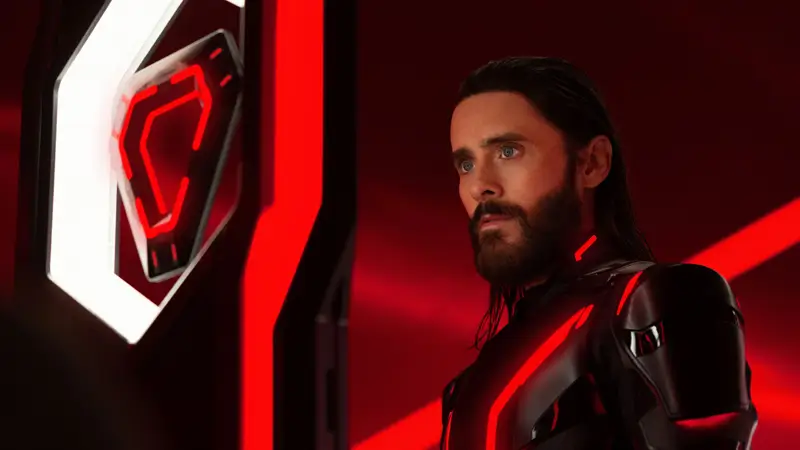
Tron: Ares is a great Nine Inch Nails music video, but little more
Let’s be honest, the Tron franchise has always been better remembered for its sensory appeal. The original is most remembered for its (undeniable) innovations in computer-generated visual effects for its time; the sequel met a similar fate, with some help from Daft Punk on the music front.
Their plots, dealing with technological advances with certain messianic touches and corporate intrigue, feel more like a pretext for visual candy than an opportunity to reflect on the social, existential, moral, ethical, and many other implications of their technological premises.
In that sense, Tron: Ares even feels redundant, since the notion of an AI so advanced it can emulate or exceed human thinking capacity was introduced in the original film. The thesis of this third entry deals with the implications of giving this digital Frankenstein’s monster a physical body, and the techbros playing God with a technology not only capable of absorbing all human knowledge in a matter of hours, but also of developing its own judgment. And not only that, but also realizing the ultimate neoliberal dream: mass-printing perfect workers. Evan Peters plays Dillinger with the combined charisma of Elon Musk and Sam Altman rolled into one. It’s as pleasant as it sounds.

And it must be acknowledged, this might be the least boring of the three films in the franchise. Joachim Rønning’s direction (Young Woman and the Sea) delivers ingenious, thrilling, and visually clear action sequences (something uncommon today but which should be the bare minimum). But beyond the undeniable visual and auditory spectacle, with a phenomenal industrial soundtrack by Nine Inch Nails, there isn’t much substance here. Truth be told, it feels more like a long sequence of visuals for a music video for the band led by Trent Reznor and Atticus Ross.
Beneath the flashy coat of paint, Tron: Ares brings no reflection or argument to the table about AI and what it means to be human when attempting to erase the distinction between humanity and machine. That is, except for its simplistic binary about using technology for good or evil (“perhaps its dysfunction is to become benevolent,” someone casually comments about Ares and its aspirations to live à la Blade Runner, and the matter goes no further).
It feels like a missed opportunity to spark interesting ideas, in an era where marketing continues to heavily push the notion that Large Language Models (LLMs) are thinking AIs. Pity the film’s script seems written by one—and that Leto plays the protagonist with the same insipidness—.

Dramatically, Tron: Ares is also as inert as a poem written by ChatGPT. There are a few moments of humanity, almost all provided by Greta Lee swimming against the current in a script that attempts to develop its characters with clunky blocks of expository dialogue. The rest—what little there is—happens fortuitously off-screen. When the film tries to make us feel butterflies for Lee and Leto, it feels unearned.
In short, the third Tron film seems bound to the same fate as its predecessors: a visual and auditory delight, so diluted in substance that it almost seems apologetic for the technocratic aspirations governing us. For that, you might as well watch a two-hour Nine Inch Nails video.




